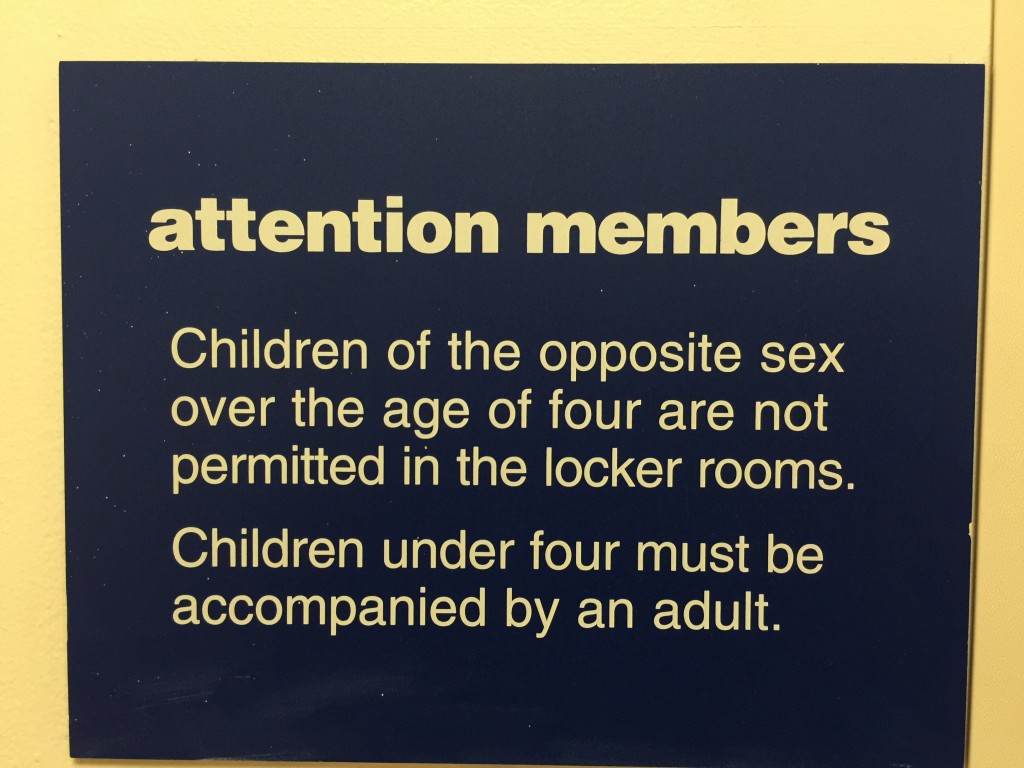A working mom friend sent me “How to Fix Feminism”, a recent New York Times piece that opens with
Over the past half-century, unmarried childless women have overcome every barrier to opportunity you can think of, and now earn 96 percent of what men do. Mothers, on the other hand, aren’t doing nearly as well: Married mothers are paid 76 cents on the dollar.
One argument is for a central planning ministry to step in:
Here’s a fantasy my daughter and I entertain: What if child-rearing weren’t an interruption to a career but a respected precursor to it, like universal service or the draft? Both sexes would be expected to chip in, and the state would support young parents the way it now supports veterans. This is more or less what Scandinavian countries already do. A mother might take five years off, then focus on her career, at which point the father could put his on pause. Or vice versa.
(Let’s see how enthusiastic that daughter is about Scandinavian laws and policies after she has sex with a married dermatologist and needs to choose between receiving $100,000/year tax-free for 21 (New York) or 23 years (Massachusetts) versus a Danish maximum of $8,000 per year.)
Fresh from a Girl Scout overnight camping trip (don’t ask), I wonder why the focus on what people get paid on a W-2 instead of on what they can spend? Some stay-at-home moms drove up to the event in $70,000 SUVs. Their W-2 earnings were “0 cents on the dollar” compared to anyone with a job, but their spending power was obviously far above the median. Is the life goal to have an impressive 1040 return or a comfortable material lifestyle?
If feminists who identify as “women” can’t be happy without a W-2 that precisely matches that of American workers who currently identify as “men,” why not let citizens pay each other? In a currently heterosexual couple, for example, the person who identifies as a man could provide a weekly paycheck, perhaps at the state of residence’s current child support guideline rates, for “caregiving” and deduct that from “his” income for tax purposes. The person who identifies as a woman would then receive an additional W-2 for this caregiving and thus end up with a taxable income that equals or exceeds the “man.” If there are gender changes within the household the arrangements can be altered, potentially on a monthly basis. (Note that this is not quite the same, cashflow-wise, as actual court-ordered child support. Child support revenue is not taxable for the winner parent nor deductible for the loser parent. Jessica Kosow, the University of Pennsylvania graduate who outearns her classmates 3.2:1 based on a four-year marriage, would be considered an impoverished single mother by the measures put forward in this NYT article because her W-2 earnings are $0.)
Readers: What do we think? Is it time to heal this rift in our society by just having people within a household actually pay each other for perceived caregiving value? (Also, I didn’t check the 1000+ comments on this article, but do any of the readers point this out? Or do people just accept that W-2 wages is the correct measure?)
Related:
Full post, including comments 